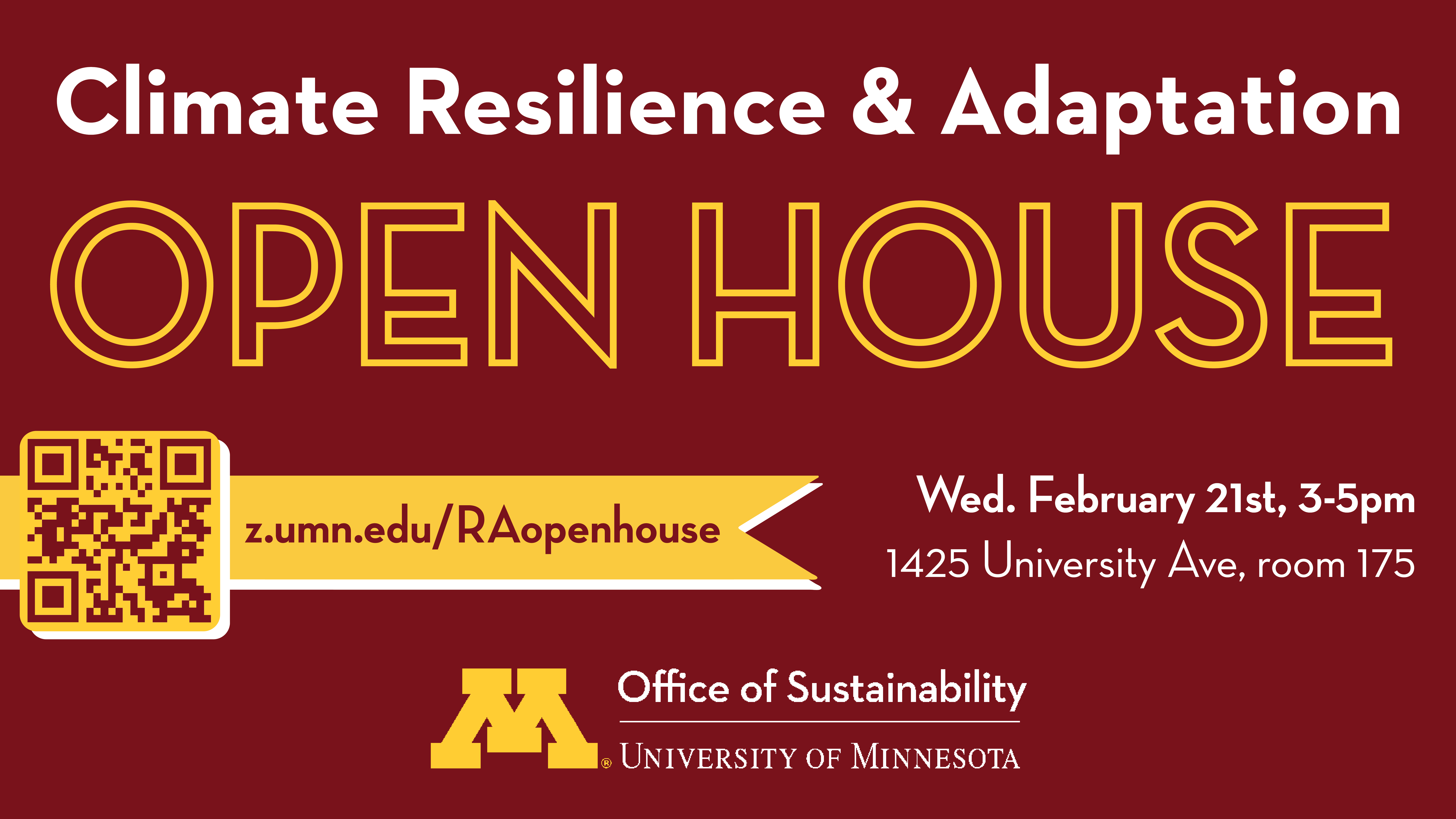
Mental Health Awareness Month and Climate Change
The month of May is Mental Health Awareness Month. Millions of Americans live with a mental illness that affects their lives in some capacity. Whether or not someone personally struggles with mental health issues, this month is about recognizing the ways mental illness impacts lives, educating people about available services, and highlighting ways to advocate. The National Alliance on Mental Illness (NAMI), raises awareness of mental health to fight stigma, provide support, educate the public, and advocate for policies that support people with mental illness and their families. This May, NAMI is launching the “More Than Enough” social media awareness campaign, uplifting and empowering the mental health community to feel that they are “more than enough.” This message is to affirm the idea that people are inherently worthy of life, love and healing — no matter what they look like, no matter where they are in their journeys, no matter what they are or aren’t able to do.
Mental health awareness, during May and beyond, is always important because we need to remove the stigma around mental illness. This month is a great opportunity to start a conversation around mental health, as openly talking about it reduces the misconceptions and encourages those who are suffering to seek help and support.
The impacts of climate change on extreme weather events, droughts, flooding, and on agriculture and infrastructure, are more known and familiar. However, it is less known but equally important to understand the impacts of climate change on mental health. The mental health consequences of climate change can include mild stress and distress, high-risk coping behavior like increased substance use, and sometimes the development of mental disorders like depression, anxiety, and post-traumatic stress. (Psychiatry.org - Climate Change and Mental Health Connections) The 2022 Intergovernmental Panel on Climate Change stated that climate change has already adversely affected mental health, therefore as climate change worsens, it is crucial to understand the link with mental health.
As climate change becomes more and more a part of our daily lives, the impacts on our mental health become increasingly important to understand. Climate anxiety is a new term that describes the sense of fear, worry, or tension linked to climate change. Someone experiencing climate anxiety may feel scared for the consequences of climate change and the future, and experience low mood connected to a broader sense of hopelessness or helplessness. However, anxiety and other forms of distress related to climate change should not be seen as a manifestation of mental illness. Rather, they are a natural response to a great threat facing our planet and current way of life. “The true psychological dysfunction we face is large-scale climate change denial.” This does not negate the fact that the impacts on mental health are crucial to understand and prepare for.
Climate change impacts can also lead to job loss, force people to move, and/or lead to a loss of social support and community. All of these have mental health consequences! Additionally, as climate change impacts the social and economic determinants of mental health, unemployment, homelessness, and food and water insecurities become greater issues, which can detrimentally impact mental health.
The impacts of a changing climate on mental health come from acute events and longer-term change. Everyone will experience climate change and the resulting toll on mental health. However, not everyone is affected equally, some groups/communities are at a higher risk. The mental health impacts of climate change are unequally distributed with certain groups disproportionately affected depending on socioeconomic status, gender, and age factors. Specifically, those with close ties to the land, migrants and refugees, Indigenous people, Black and Latino communities, elderly and children, those with pre-existing mental illness, and mobility impaired people are more vulnerable.
Luckily, if you are experiencing these feelings, you are not alone! Rates of climate anxiety have increased in recent years and are common, especially in young people. There are actions and activities you can do to ease climate anxiety:
- Have a strong support system of people who care about you. Building connections with friends, family, neighbors, and others can create strong social networks and provide a sense of belonging and community. Your ability to withstand trauma is increased when you are connected to strong social support.

- Stay active! Switching to more active modes of transportation, like biking or walking, can have positive effects on mental health. Additionally, doing active activities has the same impact with the link between physical activity and mental health. Exercise has a huge positive impact on the quality of life of people affected by mental health issues. Exercise can improve mood, reduce stress, reduce anger, alleviate anxiety, and slow cognitive decline.

- Spend time in nature! Increasing presence and time in green spaces can have positive mental health impacts. Research has shown that being in nature, like in a forest or a park, even for short periods of time can immediately improve mood and reduce feelings of anxiety.

- Join an environmental organization, or do environmentally-friendly actions! Pick up litter while you walk around, volunteer to clean streets, parks, and/or beaches, support local organizations and volunteer your time. These actions can help improve environmental conditions and give you a sense of purpose and control with the climate crisis. Climate change can feel out of our control, but doing sustainable actions can give back some sense of control and make you feel empowered.

- Talk out your thoughts with a therapist. Negative thinking can lead to feeling stressed and prevents us from living our best lives. Talking with a therapist can help you manage these feelings of anxiety and regulate stress. Therapy can validate your emotions and make your thoughts heard.

Clearly the impacts of climate change are becoming more integrated into our daily lives. Unfortunately, there is very little dedicated mental health support available to those dealing with climate-related hazards and long term risk.
The World Health Organization policy brief recommends these approaches for governments to address the mental health impacts of climate change:
- Integrate climate considerations with mental health programs
- Integrate mental health support with climate action
- Build on global commitments
- Develop community-based approaches to reduce vulnerability
- Close the large funding gap that exists for mental health and psychosocial support
If you are in need of help, check out Mental Health Resources nonprofit organization.
Sources:
https://www.psychiatry.org/patients-families/climate-change-and-mental-health-connections
https://wellcome.org/news/explained-how-climate-change-affects-mental-health



